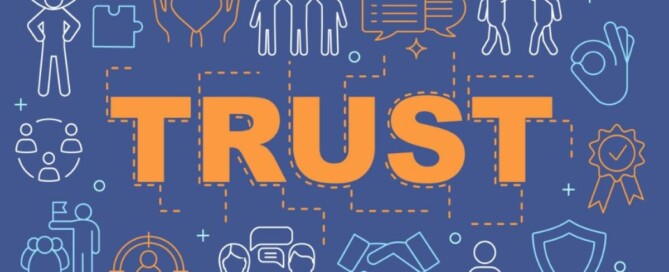Cognitive Ease – Another Way All Of Us Are Manipulated – 2024
Cognitive Ease – Another Way All Of Us Are Manipulated
An Example of How the Human Mind Makes Manipulation Easy!
You May Not Have Known It, but this is Every Bit as Important as Amygdala Hijacks in Causing Scams
Primary Category: Psychology of Scams
Author:
• Tim McGuinness, Ph.D. – Anthropologist, Scientist, Director of the Society of Citizens Against Relationship Scams Inc.
About This Article
Scammers frequently exploit cognitive ease as a critical element in their deceptive practices, capitalizing on the human tendency to favor information that feels familiar, clear, and effortless to process.
This psychological principle reduces critical thinking, making it easier for individuals to accept and trust the information presented to them. Scammers achieve this by using tactics such as friendly and relatable language, appealing to emotions, or simplifying complex scenarios, all of which create a sense of comfort and reliability.






































![Being A Victim - Labeling Theory & What It Means For Victims Of Scams Or Anyone! - 2023 [UPDATED] - on SCARS ScamsNOW.com](https://scamsnow.com/wp-content/uploads/2024/05/Being-a-Victim-669x272.png)

